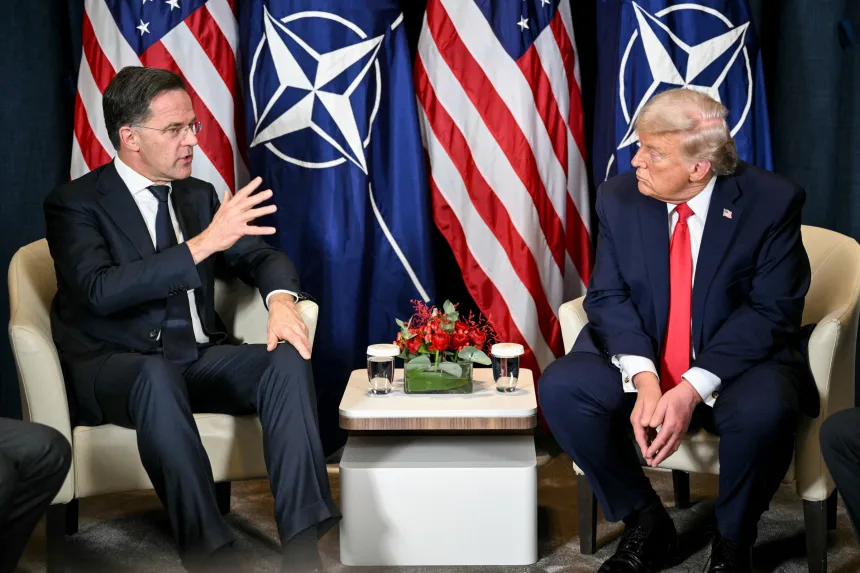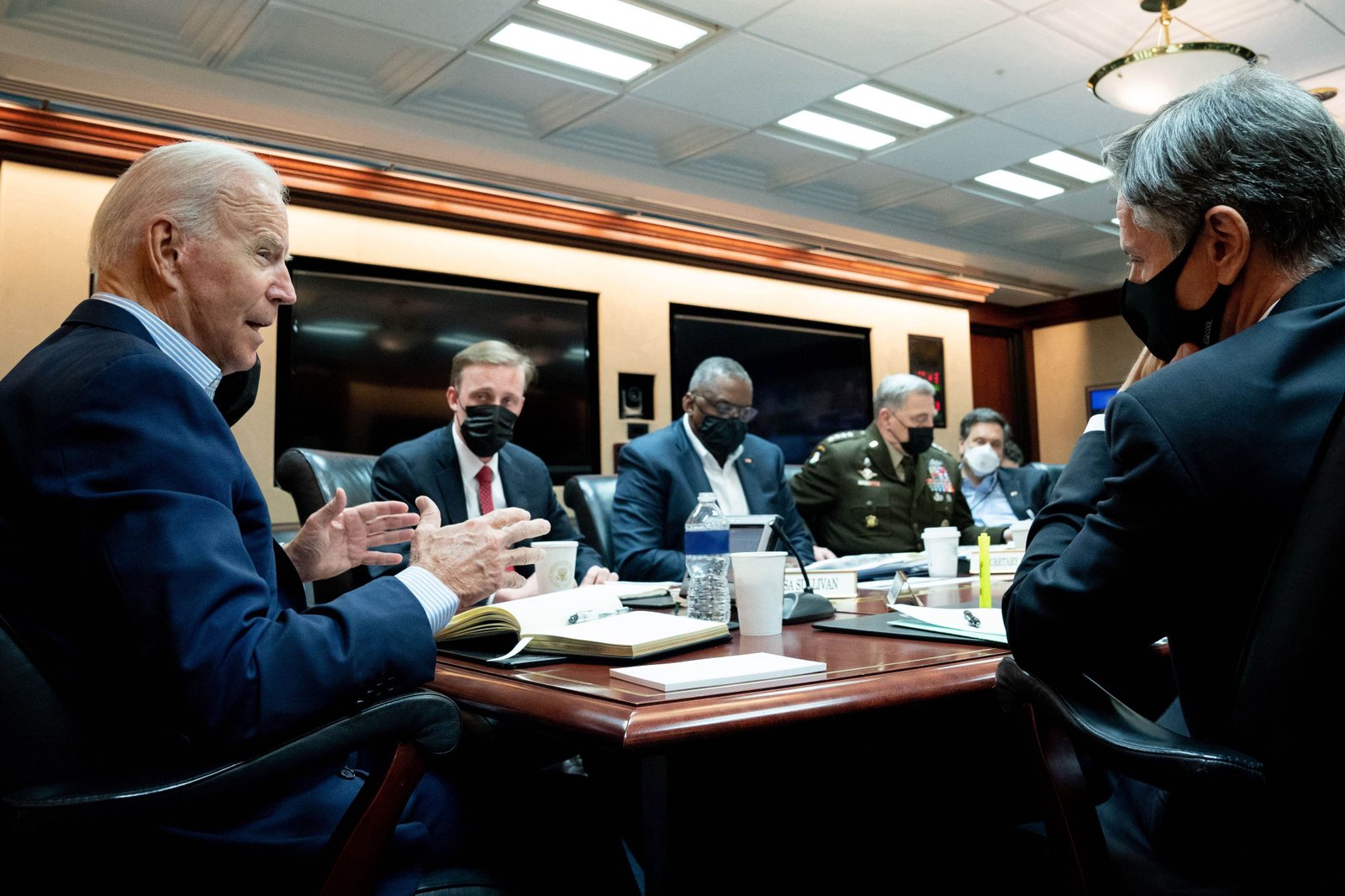“US Aligns with Erdoğan’s Government: Implications for Bilateral Relations and Regional Dynamics”
A surprising shift, recent developments indicate that the United States has shown alignment with the government led by President Recep Tayyip Erdoğan in Turkey.
“US Aligns with Erdoğan’s Government: Implications for Bilateral Relations and Regional Dynamics”
A surprising shift, recent developments indicate that the United States has shown alignment with the government led by President Recep Tayyip Erdoğan in Turkey. This unexpected development has far-reaching implications for bilateral relations between the two nations and has the potential to reshape regional dynamics in the Middle East.
Strengthening Diplomatic Ties: The US administration, under new leadership, has signaled a willingness to rebuild and strengthen diplomatic ties with Turkey. High-level meetings and diplomatic exchanges have taken place, focusing on areas of mutual interest such as regional security, counterterrorism efforts, and economic cooperation. The newfound rapport between the two governments raises questions about potential policy shifts and collaborative initiatives.
Strategic Interests in the Middle East: The US-Erdoğan alignment has raised eyebrows in the region, given Turkey’s active involvement in various Middle Eastern conflicts, including Syria, Libya, and tensions in the Eastern Mediterranean. The convergence of interests between the US and Turkey may indicate a recalibration of US foreign policy priorities in the region, which could impact the balance of power and regional dynamics.
Human Rights Concerns: Critics and human rights organizations express concern over the US’s alignment with Erdoğan’s government, citing a perceived lack of adherence to democratic values and human rights issues in Turkey. The US’s decision to prioritize strategic interests over human rights considerations sparks debates about the compatibility of realpolitik with promoting democratic values globally.
Impact on Transatlantic Relations: The US-Erdoğan alignment introduces a new element to the already complex dynamics within NATO and transatlantic relations. European allies, who have had strained relations with Turkey in recent years, closely monitor the US’s approach, considering the implications for collective security and shared values within the alliance.
Regional Stability and Future Scenarios: The US’s alignment with Erdoğan’s government adds a layer of uncertainty to the already volatile Middle Eastern landscape. Observers analyze potential implications for ongoing conflicts, the Kurdish question, refugee flows, and the balance of power in the region. The US’s strategic choices in the region may shape the future trajectory of regional stability and cooperation.
As the US’s alignment with Erdoğan’s government unfolds, it introduces a new chapter in bilateral relations and regional dynamics. The extent and long-term consequences of this alignment are yet to be fully understood, prompting keen interest and analysis from experts, regional stakeholders, and international observers.










